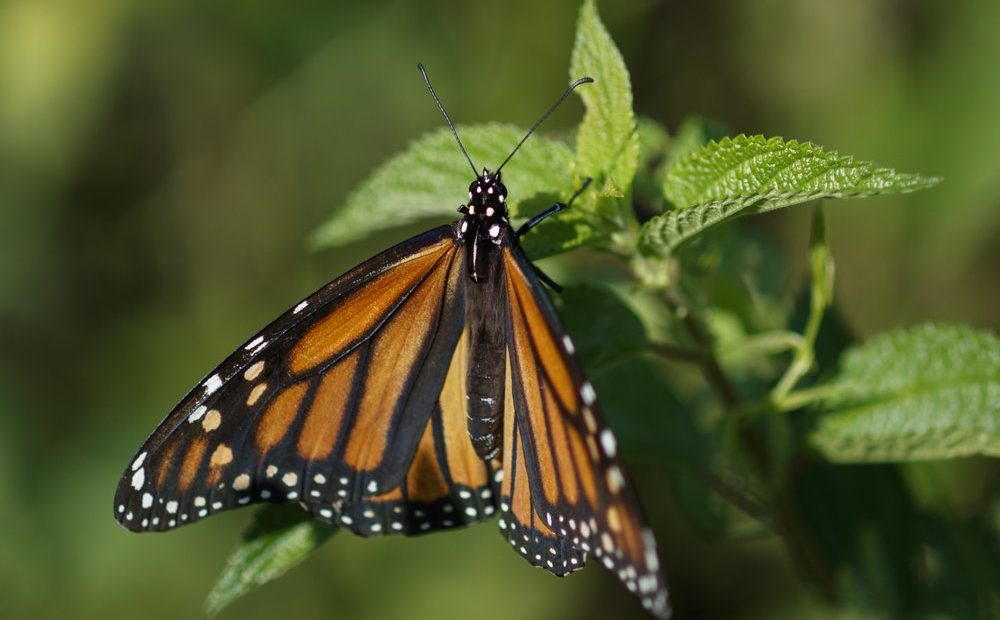
Washington, Oregon Among 17 States Suing Feds Over Changes To Endangered Species Protections
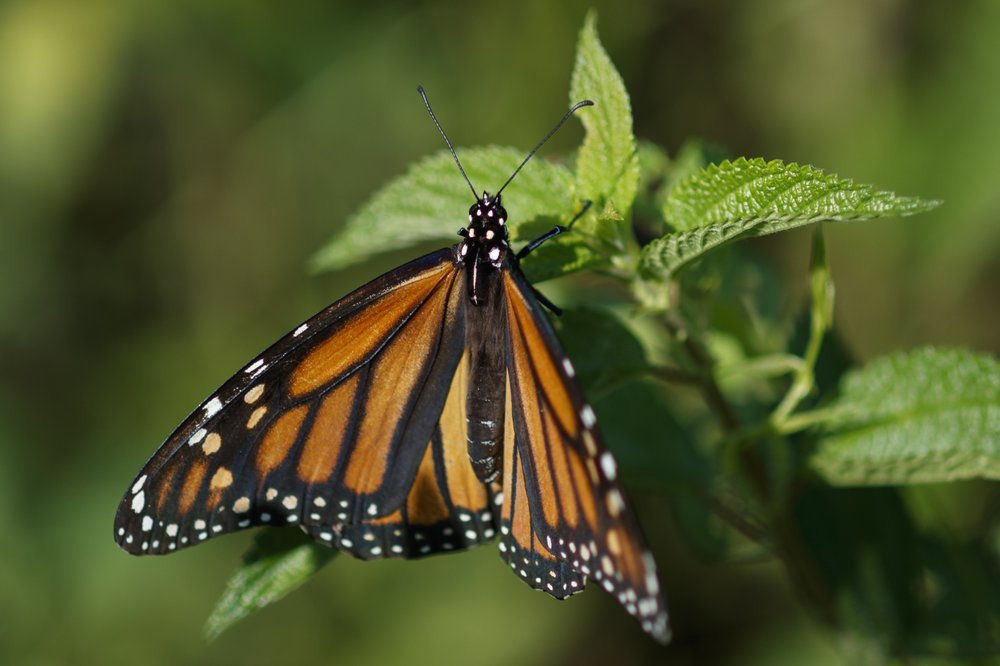
Read On
BY GENE JOHNSON / AP
Seventeen states sued the Trump administration Wednesday to block rules weakening the Endangered Species Act, saying the changes would make it tougher to protect wildlife even in the midst of a global extinction crisis.
The lawsuit, in federal court in San Francisco, follows a similar challenge filed last month by several environmental groups, including the Humane Society and the Sierra Club.
The new rules begin taking effect Thursday. They for the first time allow officials to consider how much it would cost to save a species. They also remove blanket protections for animals newly listed as threatened and make it easier for creatures to be removed from the protected list.
“It’s a death by a thousand cuts for the Endangered Species Act,” said Democratic Washington Attorney General Bob Ferguson, announcing the lawsuit in a Seattle news conference.
The law, signed by President Richard Nixon in 1973, has been credited with helping prevent the extinction of more than 220 species, including bald eagles, grizzly bears and humpback whales. It requires the government to list species that are endangered or threatened. The law also protects about 1,600 plant and animal species, designates habitat protections for them, and assesses whether federal activities will hurt them.
Critics have long complained that the environmentalists have weaponized the law to block economic activity such as logging and mining, infringing on property rights. The Trump administration and congressional Republicans have said the new rules will improve the law’s enforcement.
The revisions “fit squarely within the President’s mandate of easing the regulatory burden on the American public, without sacrificing our species’ protection and recovery goals,” U.S. Commerce Secretary Wilbur Ross said when the changes were announced last month.
Scientists say that globally about 1 million species are at risk of extinction, mainly because of habitat destruction by humans, overfishing and climate change.
The states challenging Trump’s rules are California, Massachusetts, Maryland, Colorado, Connecticut, Illinois, Michigan, Nevada, New Jersey, New Mexico, New York, North Carolina, Oregon, Pennsylvania, Rhode Island, Vermont and Washington. The District of Columbia and New York City were also named as plaintiffs.
They argue that the rules changes contradict the goals of the Endangered Species Act and that the administration failed to provide a reasoned basis for the changes or analyze their environmental impacts as required by federal law.
The lawsuit cites challenges faced by creatures that include piping plovers in Rhode Island, orca whales in Washington state and desert tortoises in the Mojave Desert in Nevada.
“We are running out of time,” said Michael Ross, vice chairman of the Snoqualmie Indian Tribe in Washington. “These changes aren’t in the right direction.”
Copyright 2019 Associated Press
Related Stories:
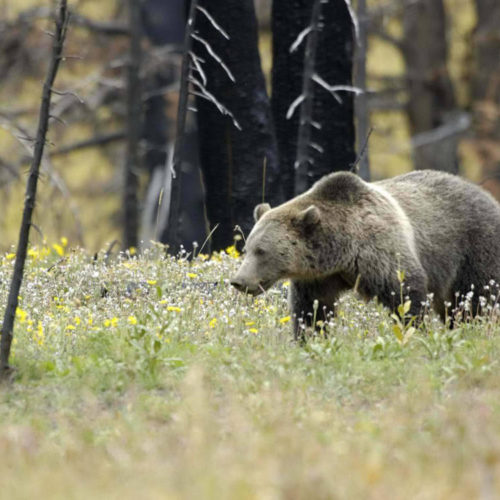
Federal officials want your thoughts on grizzly reintroduction plans
Grizzly bear in Yellowstone National Park. (Courtesy: U.S. Fish and Wildlife Service) Listen (Runtime 0:57) Read Federal officials are considering several possibilities to bring grizzly bears to Washington’s North Cascades.
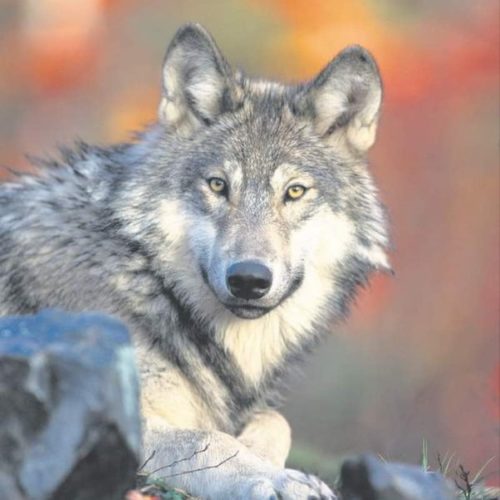
Will some Northwest wolves call Colorado home?
A gray wolf. Credit: William Campbell Listen (Runtime 1:01) Read Northwest wolves could soon be on their way to Colorado. Wildlife managers there say they need to bring wolves to
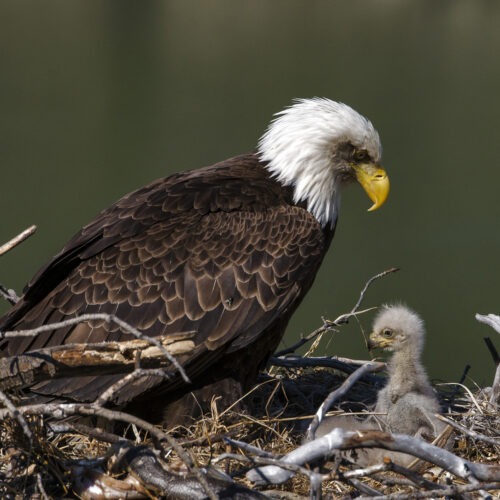
Once Imperiled, America’s Bald Eagle Populations Are Soaring
A new survey by the U.S. Fish and Wildlife Service found there are more than 70,000 breeding pairs of the iconic raptor in the contiguous U.S. In the late 1960s, there were fewer than 500.















